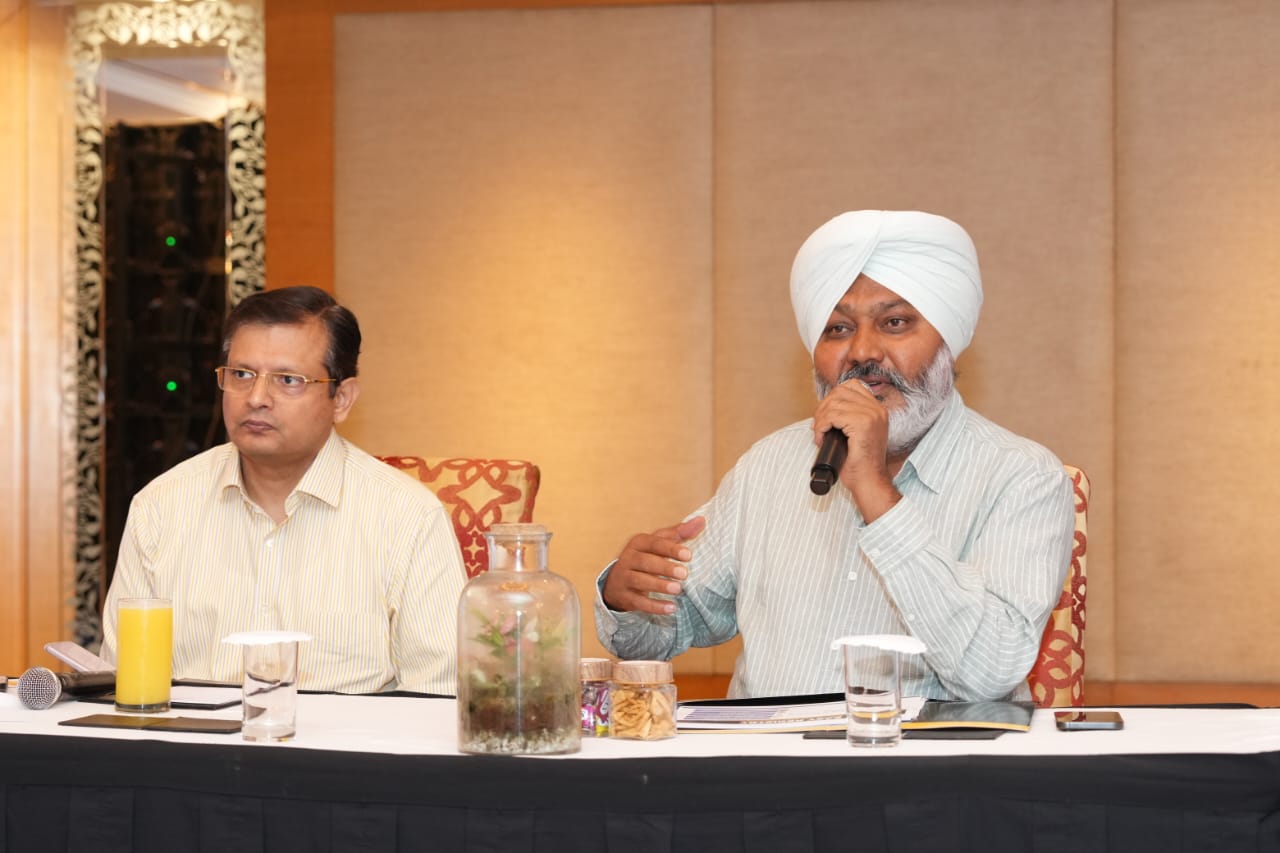The Punjab Government has officially notified a new Land Pooling Policy aimed at streamlining urban expansion and curbing the proliferation of unauthorized colonies across the state. The decision to approve the policy was taken during a cabinet meeting held on Tuesday, and the notification was issued shortly thereafter.
Under the newly introduced framework, farmers who voluntarily pool their land with the state will now receive a significantly enhanced return. For every one acre of land contributed, the government will return 1,000 square yards of developed residential land and 200 square yards of developed commercial land. These plots will come fully equipped with infrastructure such as roads, water supply, drainage, electricity, and green belts, making them ready for direct use or resale.
What sets this policy apart is the flexibility it offers to landowners. Farmers now have the choice to either allow the government to develop and allocate their share or take the initiative to develop their portion themselves. This development could include launching group housing projects or commercial ventures. The policy also provides a provision for annual compensation of ₹30,000 per acre during the development phase, ensuring that landowners do not face economic hardship while their land is under transformation.
“This is a voluntary policy designed to benefit both landowners and urban development authorities. It avoids the need for compulsory acquisition while ensuring that landowners are stakeholders in the urban growth process,” a senior official from the Department of Housing and Urban Development told The Sunday Guardian.
In addition to providing flexibility and financial stability, the policy includes tailored provisions to support marginal and small farmers, ensuring that their interests are protected in the land pooling process.
The policy will be rolled out in 27 urban areas across Punjab, including Ludhiana, Mohali, Patiala, Amritsar, Jalandhar, and Bathinda. Authorities say this is an attempt to replicate the successful land pooling model implemented earlier by the Greater Mohali Area Development Authority (GMADA).
Experts in urban planning have welcomed the move, terming it a progressive step towards participatory development. “The land pooling policy brings equity to the planning process. By giving farmers a direct stake in development, it ensures orderly growth and reduces the burden on the exchequer,” said urban planner Manpreet Grewal.
The Punjab Government is expected to begin awareness campaigns soon, encouraging farmers to come forward voluntarily. District-level committees will be formed to oversee pooling agreements and facilitate grievance redressal.
With urban sprawl becoming increasingly unregulated, the new land pooling model is being seen as a crucial intervention to guide Punjab’s cities toward sustainable and inclusive growth—while empowering farmers to become active partners in the development narrative.

